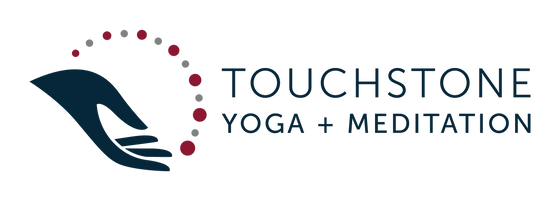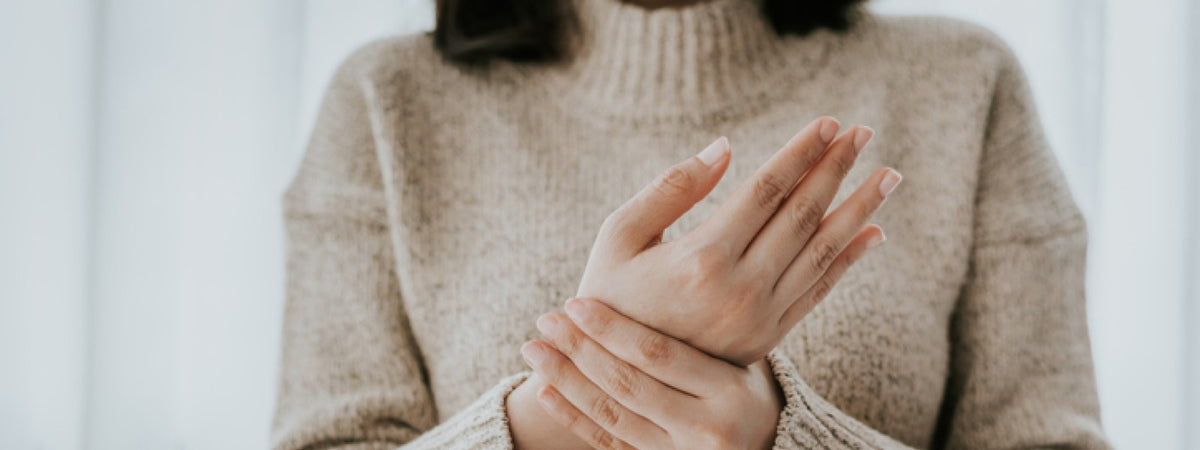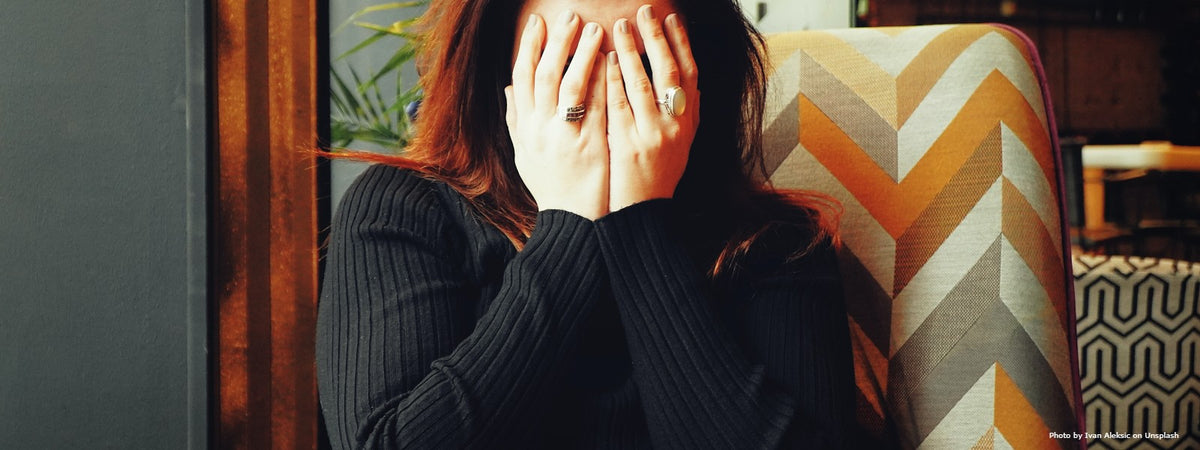Anxiety in the time of COVID-19!

These are strange and stressful times indeed! It is totally normal to feel fearful due to current events. We have many so questions like: How long will this last? Will I still have a job after this? How will I pay rent? Bills? What about the kids? What if I get sick? Social-distancing and remaining house-bound can provide unique challenges. We were experiencing a bit of cabin fever, so my husband and I took a drive yesterday just to get some air and have a change of scenery. The city feels a little surreal compared to just a week ago when the notably quieter city streets had more of a holiday feel. Now most business are closed, and the streets are eerily quiet. There is a different level of tension in the air and it’s disquieting to see how people now look at each other with a new level of suspicion and dare I say low-level aggression, particularly in the grocery stores and pharmacies. I must admit that it is also frustrating to see the invincible folks that seem completely oblivious to the pandemic and are making no effort to do their part. These factors and more contribute to feeling the loss of conrol and creates and increasees fear and stress.
I’ve always been a person prone to stress and anxiety so learning to manage snowballing thoughts and emotions has been a lifelong process. We are so often our own worst enemy and it is amazing to see the range of things I can find to worry about at 2 a.m. There is a distinction between fear and anxiety; fear is usually directed towards an external threat or situation where anxiety on the other hand is internal and vague, stemming more from feelings of lack of control or a sense of dread about oneself or a situation.
Anxiety can have a physiological, behavioral and psychological impact. We may experience bodily sensations like muscle tension, nausea, or sweating. As the feeling of overwhelm increases, decision-making, effective communication and dealing with everyday situations may become more and more of a challenge. A continual state of apprehension may eventually cause us to pull back from relationships and social engagement in general as we retract more and more within ourselves. If you recognize yourself in any of this and whether it is fear or anxiety that is front and center in your mind, there are many ways to manage these feelings and reclaim a sense of peace and control.
The first step in anxiety management is the recognition that we may be in a hyper-reactive state of stress. Simple but not so simple! Sometimes we’re anxious but don’t even realize it. Personally, my body often signals that I’m stressed way before I’m consciously aware and this can manifest in more tension headaches and migraines, crazy sleep patterns, stomach aches and/or digestive issues. Pain and fatigue create more stress, so it just becomes a vicious cycle. Prevention is key, so daily meditation helps me check in with myself on a regular basis. No worries if you don’t practice meditation; the simple process of taking 5 minutes to stop what your doing, take 5 slow breaths and a quick assessment of how your feeling can be effective. We can get very robotic and multi-task on autopilot day after day. It takes some effort and practice to change our daily focus from quantity to quality – create an intention to focus on the quality of our day instead of the quantity of things we accomplish. This mindset can do wonders to settle the mind.
Next, no matter what level of anxiety we might be experiencing, it is important to focus on 3 goals:
- Reduce the level of physiological reaction: 3 – 4 minutes of slow abdominal breathing is enough to reverse the body’s fight-flight-freeze response to stress. Embrace exercise and physical movement! There are both physical and mental benefits to moving the body in whichever way you choose. It is difficult to worry about anything when you are dancing in your underwear, finding your zone during a 5km run, doing burpees during HIIT training or holding tree pose during a yoga session!
- Reduce any coping or avoidance behaviors: self-medicating in the form of drugs and alcohol can turn into a coping mechanism that at most is a temporary distraction but ultimately has a greater potential to create new problems. We have a natural tendency to avoid anything that makes us uncomfortable and this unfortunately often has the reverse effect of increasing anxiety. For example, it would be so easy to shut down all media and pretend that the pandemic isn’t happening but that isn’t practical or wise. Instead, it would make sense to shut the news off for a day, take a break and focus energy on family and friends instead, even if that is by phone or 6-feet apart for the next while.
- Reduce or change “self-talk”: It is a hard truth to accept that you are mostly responsible for how you feel BUT this knowledge can be very empowering when we understand that emotions and feelings are largely linked to our perspective; how we see and label things as positive or negative and the meaning we attach to those things can dramatically can affect our mood. When I’m sitting in heavy traffic trying to get home, I have the choice to get extremely frustrated and curse the whole way home or I can use the opportunity to listen to an episode of one of my favorite podcasts, something I don’t always have the chance to do at home. Reducing negative self-talk means the practice of letting go of what-if language - What if I get sick? What if ….? This isn’t productive. Instead, move your focus to the present moment, pay attention to what is right in front you and do what you can with what you have - this is the foundation of mindful living.
Finally, it is important not to blame or criticize yourself for any feelings of stress or anxiety you may be experiencing. It is a natural body-mind reaction to a perceived threat; it’s a survival mechanism. It is also important to recognize that while external situations are constantly changing, we do have control over how we manage our reaction to those changes.
**This article and the information contained on the Touchstone Mala Design website has been developed for information purposes only. It does not provide medical advice, diagnosis, treatment or care. If you have a health problem, medical emergency, or a general health question, you should contact a physician or other qualified health care provider for consultation, diagnosis and/or treatment. Under no circumstances should you attempt self-diagnosis or treatment based on anything you have seen or read on this website.
Canadian Mental Health Resources:
Canadian Mental Health Association https://cmha.ca/
Mental Health Commission of Canada https://www.mentalhealthcommission.ca/English
Wishing you peace and happiness during these turbulent times.
Stay healthy! Stay safe! Namaste.
Kathryn
Photo by Tiago Bandeira on Unsplash




